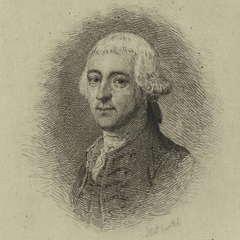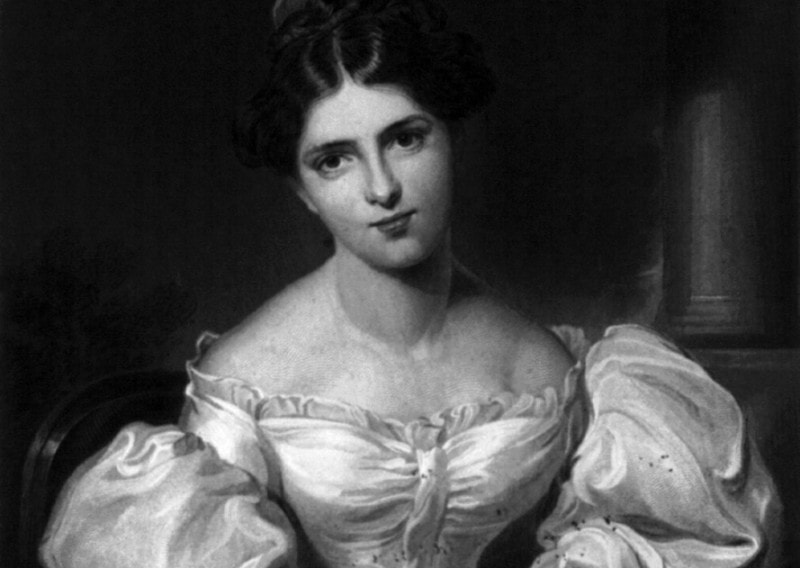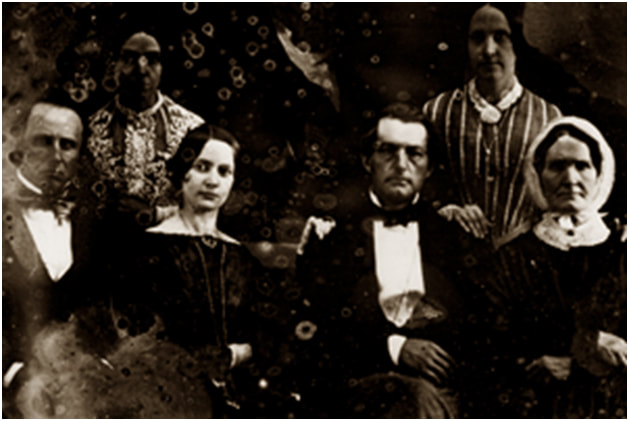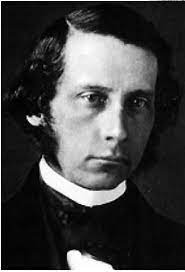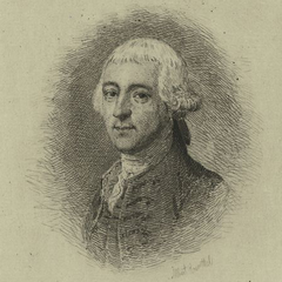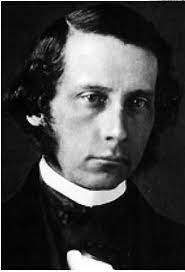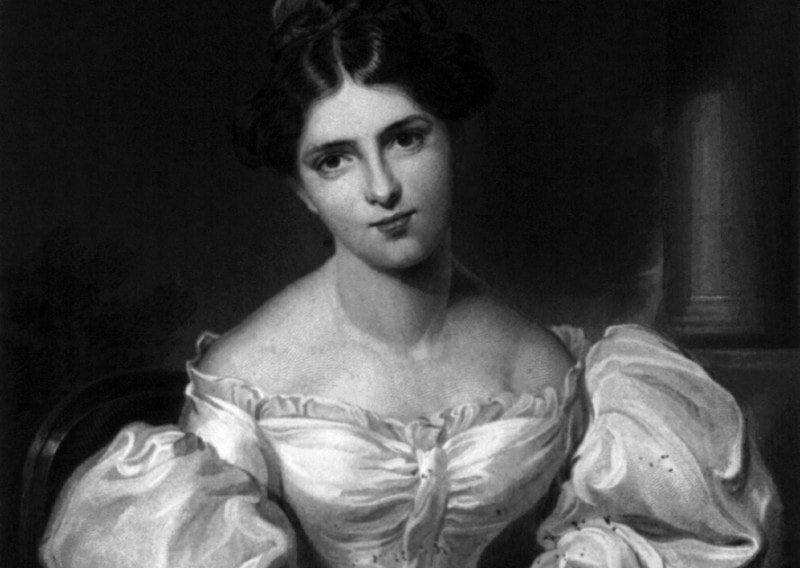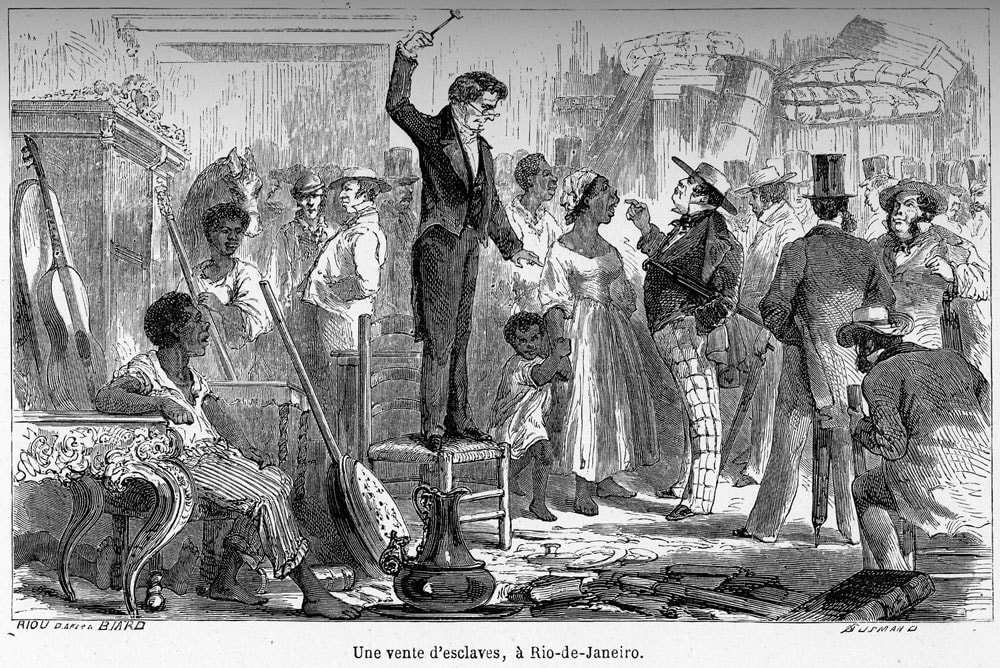Major Pierce Butler July 11, 1744 – February 15, 1822
Major Pierce Butler South Carolina rice planter, slaveholder, politician, an officer in the Revolutionary War, and one of the Founding Fathers of the United States. He served as a state legislator, a member of the Congress of the Confederation, a delegate to the 1787 Constitutional Convention where he signed the United States Constitution, and was a member of the United States Senate.
John A. Mease Butler (1806–1847)
|
John A. Mease Butler (1806–1847) inherited half of his grandfather's plantations, after adopting "Butler" as his surname in 1831. He married Gabriella Morris, but they had no children.
|
Fannie Kemble
|
On June 7, 1834, Kemble retired from the stage to marry a wealthy Philadelphian, Pierce Mease Butler, grandson of U.S. Senator Pierce Butler, whom she had met on an American acting tour with her father in 1832.[1] Although they met and lived in Philadelphia, Pierce's mother was a daughter of Pierce Butler, a Founding Father who represented South Carolina at the Constitutional Convention.
|
March 2-3, 1859 Weeping Time Sale
|
was a March 2 and 3, 1859 auction of enslaved Africans held at Ten Broeck Race Course, near Savannah, Georgia, United States. Slaveholder and absentee plantation owner Pierce Mease Butler authorized the sale of approximately 436 men, women, children, and infants to be sold over the course of two days. The sale's proceeds went to satisfy Butler's significant debts, much of it from gambling. The auction is regarded as the largest single sale of enslaved people in U.S. history.
Contents |
